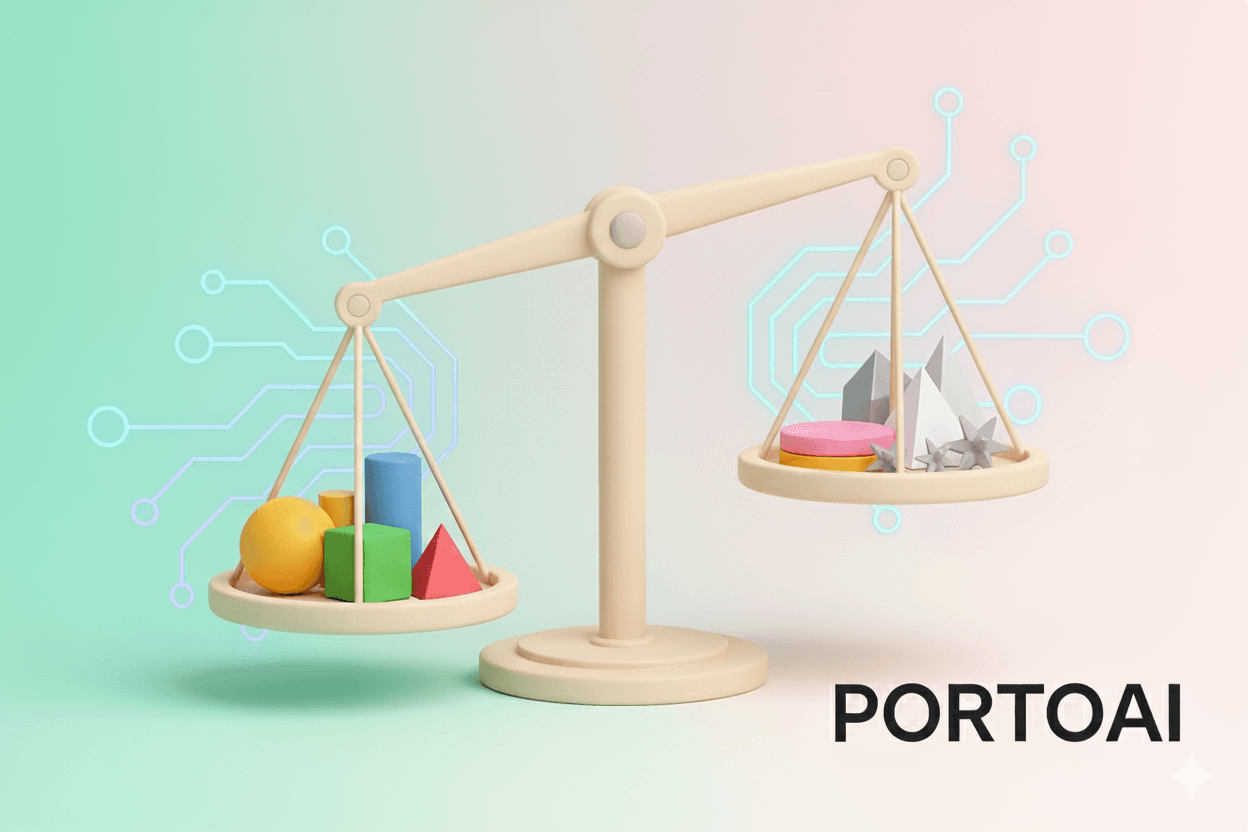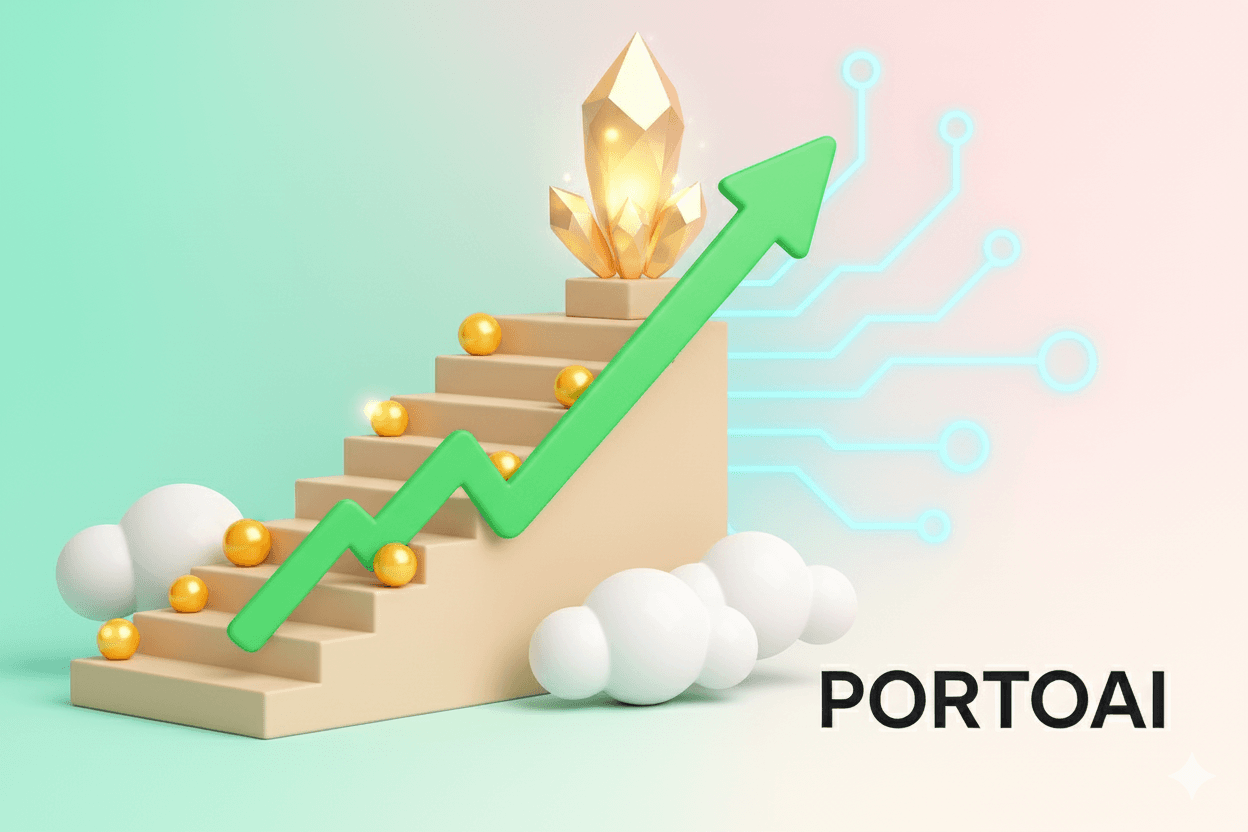US Stock Market Intermediaries: Your Guide to Market Functionality

Venkateshwar Jambula
Lead Market Researcher
7 min read
•Published on October 1, 2024
•Decoding the US Stock Market: A Deep Dive into Financial Intermediaries
The US stock market, representing nearly half of the global market capitalization, is a dynamic and complex ecosystem. Its sheer scale and the daily volume of transactions underscore the necessity of robust structures and regulatory oversight to ensure fairness, transparency, and efficiency. Following the market turmoil of 1929, the creation of the US Securities and Exchange Commission (SEC) marked a pivotal moment, establishing a framework to protect investors and foster capital formation. At the heart of this framework lies a network of financial intermediaries, each playing a distinct and vital role.
The Essential Network of US Stock Market Intermediaries
These entities are the unseen architects of market liquidity and integrity. Understanding their functions is crucial for any sophisticated investor seeking to navigate the markets with confidence. The SEC oversees a diverse group, including:
- Broker-Dealers
- Clearing Agencies
- Credit Rating Agencies
- Investment Banks
- ECNs/ATSs
- Securities Exchanges
- Transfer Agents
- Self-Regulatory Organizations
Let's dissect the critical functions of each.
Broker-Dealers: Facilitating Transactions and Advice
A broker-dealer (B-D) acts as both a stockbroker executing trades on behalf of clients and a dealer trading securities for its own account. Their functions are multifaceted:
- Executing investment trades efficiently.
- Providing investment guidance (though not always mandated).
- Enhancing market liquidity through their trading activities.
- Conducting and disseminating market research.
- Assisting companies in raising capital.
Broker-dealers typically fall into two categories:
- Wirehouses: Often affiliated with larger financial institutions, these B-Ds may exhibit a preference for recommending proprietary products.
- Independent B-Ds: These entities offer a broader range of investment products, allowing for recommendations tailored strictly to client needs.
Clearing Agencies: Ensuring Trade Settlement
Clearing agencies are indispensable for the seamless settlement of trades. As defined by the US Securities Exchange Act of 1934, they act as intermediaries in the payment and delivery process for securities transactions. Their role is to guarantee that when a buyer purchases a stock, they receive it, and the seller receives their funds within the agreed-upon timeframe.
There are two primary types:
- Clearing Corporations: These organizations manage the confirmation, settlement, and delivery of trades. By acting as a buyer to every seller and a seller to every buyer, they assume offsetting positions, thereby streamlining the process and reducing counterparty risk. They also regulate securities delivery and report trading activity data.
- Depositories: The Depository Trust Company (DTC) is the world's largest. It safekeeps securities electronically, facilitates ownership transfers, and maintains up-to-date records. Operating through a network of banks and broker-dealers, depositories are fundamental to the dematerialization of securities.
Credit Rating Agencies: Gauging Financial Health
Credit rating agencies assess the financial strength of debt issuers and their ability to meet debt obligations. In the US, the industry is dominated by Moody's Investor Services, Standard & Poor's (S&P), and Fitch Group. Their independent evaluations provide investors with critical insights into the creditworthiness of securities, fostering confidence in debt markets.
Investment Banks: Orchestrating Capital Raising
Investment banks are central to the process of companies going public through Initial Public Offerings (IPOs). They act as underwriters, meticulously analyzing a company's financials and managing the issuance of shares. For their advisory and underwriting services, they receive fees and often an assurance of a minimum share price.
ECNs and ATSs: Modern Trading Venues
Electronic Communications Networks (ECNs) are automated trading systems that match buy and sell orders. Direct access is typically limited to institutional investors and market makers, while retail investors access them via broker-dealers. Alternative Trading Systems (ATSs) operate under exemptions from exchange registration, offering alternative liquidity venues. Both are crucial for efficient, modern trading.
Securities Exchanges: The Marketplace
Securities exchanges serve as the primary marketplaces for buying and selling securities. Companies choose which exchanges to list their shares on, such as the New York Stock Exchange (NYSE) or Nasdaq. These exchanges facilitate both the primary market (for IPOs) and the secondary market (for subsequent trading).
Transfer Agents: Managing Ownership Records
Transfer agents are responsible for maintaining shareholder records, processing ownership changes, and distributing dividends. They act as the crucial link between a company and its security holders, ensuring efficient and secure record-keeping, which is vital for secondary market operations.
Self-Regulatory Organizations (SROs): Market Oversight
Self-Regulatory Organizations (SROs) are non-governmental entities that enforce industry rules and standards. While operating independently, they are subject to SEC oversight. Key SROs include the Financial Industry Regulatory Authority (FINRA), which regulates broker-dealers, and the Municipal Securities Rulemaking Board (MSRB).
PortoAI: Synthesizing Market Intelligence
Navigating the intricacies of financial intermediaries and understanding their impact on market dynamics requires sophisticated data analysis. At PortoAI, our AI-native platform is designed to synthesize vast amounts of market data, including regulatory filings and trading activity, to provide investors with a clearer, more informed perspective. Our PortoAI Market Lens helps users identify market signals and trends that might otherwise be obscured, empowering disciplined and intelligent investment decisions. By providing a consolidated view of market participants and their roles, PortoAI equips you with the knowledge to leverage these structures to your advantage.
Conclusion
The network of financial intermediaries in the US stock market is a carefully constructed system designed to ensure fairness, transparency, and efficiency. From facilitating trades to safeguarding assets and providing critical market data, each entity plays an indispensable role. For investors leveraging platforms like PortoAI, a deep understanding of these mechanisms is not just beneficial – it's essential for achieving a definitive edge in today's complex financial landscape.
Blog
Investment Insights and Tips
Explore our latest investment strategies and insights.

Stocks
Master Investment Psychology: Control Emotions for Smarter Stock Decisions
The Psychology of Stock Investment: Understanding Emotions That Affect Investment Decisions A stock market is a funny place – both the seller and buye...
Venkateshwar Jambula
November 7, 2024
•4 min read

Stocks
Power Grid India Stock: Analyzing PGCIL's Price Movements & Future
The Rise and Fall: Unraveling the Power Grid Corporation of India Stock Price The Power Grid Corporation of India Stock Price (PGCIL) has experienced ...
Venkateshwar Jambula
November 6, 2024
•10 min read

Stocks
Are Multibagger Stocks Still Possible in 2025? Your AI Guide
These 6 Multibagger Stocks Exploded in 2025 — Is Your Portfolio Still in 2022? Till June 2025, the benchmark Sensex has risen by around 4%, reflecting...
Venkateshwar Jambula
November 6, 2024
•11 min read

Stocks
Top 5 Indian Growth Stocks & Sectors for 2025: AI-Driven Insights
Top 5 Best Growth Stocks in India & Sectors to Watch in 2025 You see the market correction in late 2024 and early 2025 was driven by weak economic...
Venkateshwar Jambula
November 5, 2024
•9 min read